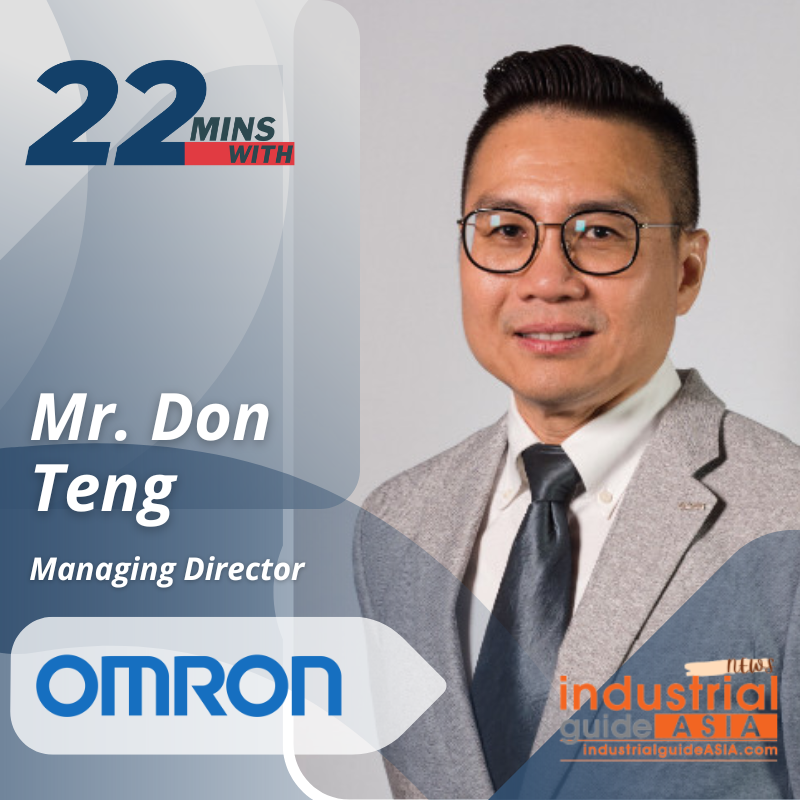Flex today announced a strategic collaboration with the Massachusetts Institute of Technology (MIT) on its new Initiative for New Manufacturing (INM) — a bold, Institute-wide effort to reimagine industrial production, drive innovation through advanced technologies, and strengthen U.S. manufacturing competitiveness.

As a founding member of the INM Industry Consortium, Flex will work closely with MIT researchers, educators, and fellow industry leaders to support cutting-edge projects that apply AI, machine automation, and new system-level approaches to manufacturing.
"Flex is proud to collaborate with MIT on this important initiative to shape the future of manufacturing," said Cameron Carr, chief strategy officer of Flex. "Together, we aim to innovate and advance manufacturing by focusing on areas that increase resilience, productivity, and sustainability — while helping to build a stronger industrial base in the U.S. and beyond."
The MIT Initiative for New Manufacturing focuses on four core pillars:
- Reimagining manufacturing technologies and systems
- Elevating productivity and the human experience of manufacturing
- Scaling new ventures and resilient supply chains
- Transforming the global manufacturing base with a focus on sustainability and economic opportunity
INM will also establish new labs to develop advanced manufacturing tools and techniques. Through an MIT "factory observatory" program, students will gain hands-on experience by visiting Flex production sites. Separately, Flex will be hosting MIT faculty, researchers and Masters of Engineering (MEng) students at its Sorocaba, Brazil, site, where they will have the opportunity to work with FIT (Flex Institute of Technology), a nonprofit research and development institute focused on developing technological solutions for electronics manufacturing and related end products.
"We're excited to collaborate with companies like Flex that are already shaping the next generation of industry," said Professor John Hart, Head of the MIT Department of Mechanical Engineering and INM faculty co-director. "This collaboration aligns our shared vision of creating more resilient, human-centered, and technologically advanced manufacturing ecosystems."





.png)
%20(22).png)
%20(20).png)
%20(19).png)
%20(18).png)
%20(2).png)
%20(4).png)
%20(5).png)
%20(10).png)
.png)
%20(1).png)
%20(10).png)
%20(8).png)
%20(7).png)
%20(2).png)
.png)
%20(1).jpg)
%20(6).png)
%20(5).png)
%20(4).png)
%20(3).png)
%20(1).png)
.png)



.png)

%20(1).png)
.png)
.png)
%20(2).png)
.png)

.png)












